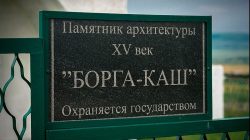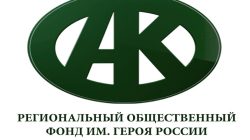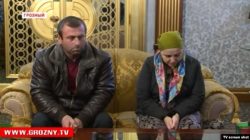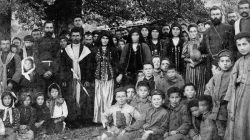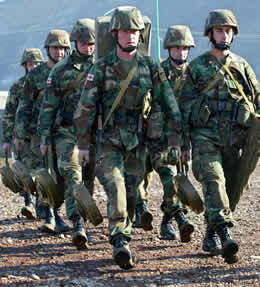
Agency Caucasus – Russia fully pulled on Thursday, only one day before the scheduled deadline, its troops from buffer zones on the Georgian territory around Abkhazia and South Ossetia under the observation of a European Union (EU) monitoring mission.
Russia was bound to complete its withdrawal from its checkpoints on Georgian soil until October 10, Friday, under a ceasefire deal brokered by French President Nicholas Sarkozy on behalf of the European Union with Russia after a brief war was fought between the two countries in August.
"Control over security in the areas of Georgia adjoining South Ossetia and Abkhazia since October 9, that is from now on, have completely passed to the European Union’s monitoring mission," Spokesman Andrei Nesterenko for Russian Foreign Ministry told a press briefing in Moscow.
"On our side we have done all that we promised and everything to which our president put his signature to,” the Russian Foreign Ministry spokesman said. “Russia has withdrawn all of its peacekeepers from the zones."
The Russian troop pullback was also verified as being true both by French Foreign Minister Bernard Kouchner, who was in Georgia for a two-day visit, and by Assistant Commander of the Collective Peacekeeping Forces of the Commonwealth of Independent States (CIS) Alexander Novitsky.
In the meantime, Reuters reported that the Security Council of the United Nations (UN) passed a new resolution today, allowing the mandate of the UN mission four more months during which to stay in Abkhazia.
The UN mission has been active in Georgia since 1993, with its 120 observers positioned in Abkhazia.
The name of the UN observer mission in Georgia, or UNIMOG, has been a cause for hot discussion between the West and Russia and its allies: While the Western powers tend to keep the name of the UN observer mission in Georgia the same, both Russia and its allies, especially Abkhazia and South Ossetia, the two states that Russia has recognized as being independent after its war against Georgia, are adamant that the name must either be exclusive of Georgia, or inclusive of Abkhazia, because Abkhazia is no more part of Georgia.
Vitaly Churkin, Russian Ambassador to the UN, pressed for the urgent ‘correction’ of the name of the UN mission, and stressed the need for Security Council members to give hearing to the views of the official representatives of South Ossetia and Abkhazia.
The new mandate of the UN observer mission will start as of October 15, when a new president will take office in the United States—a country that has been a close ally of Georgia. Around the same time in October, international peace talks will start in Geneva with a view towards establishing security in and around the region.
HAS





